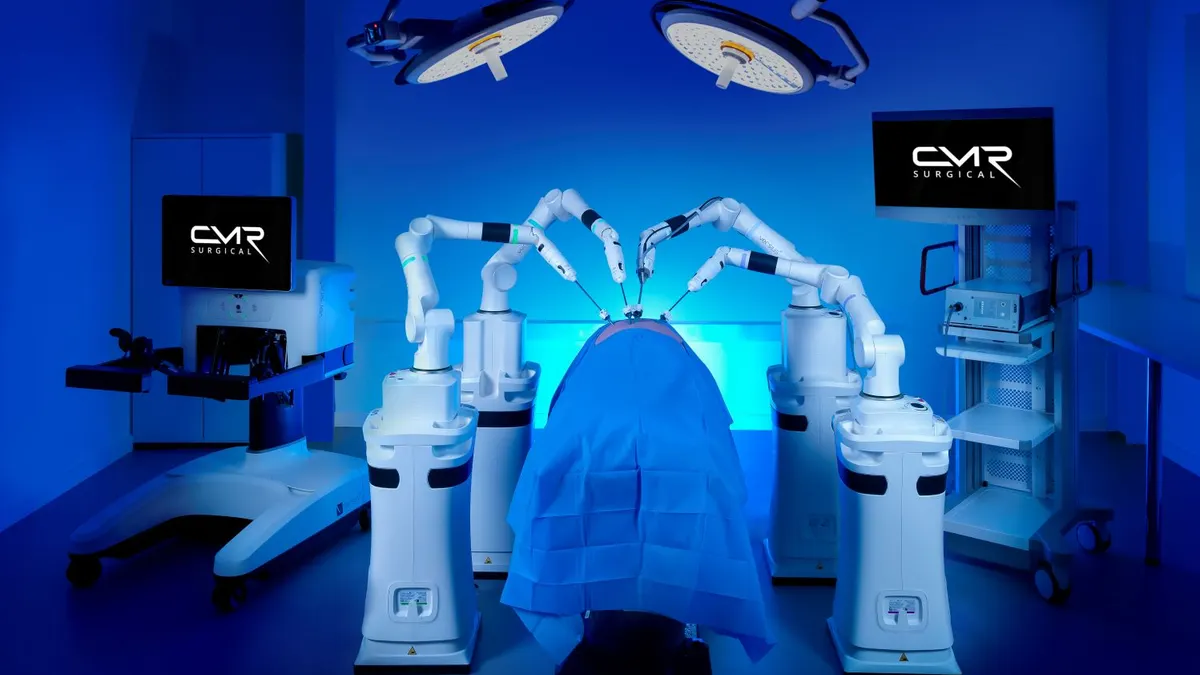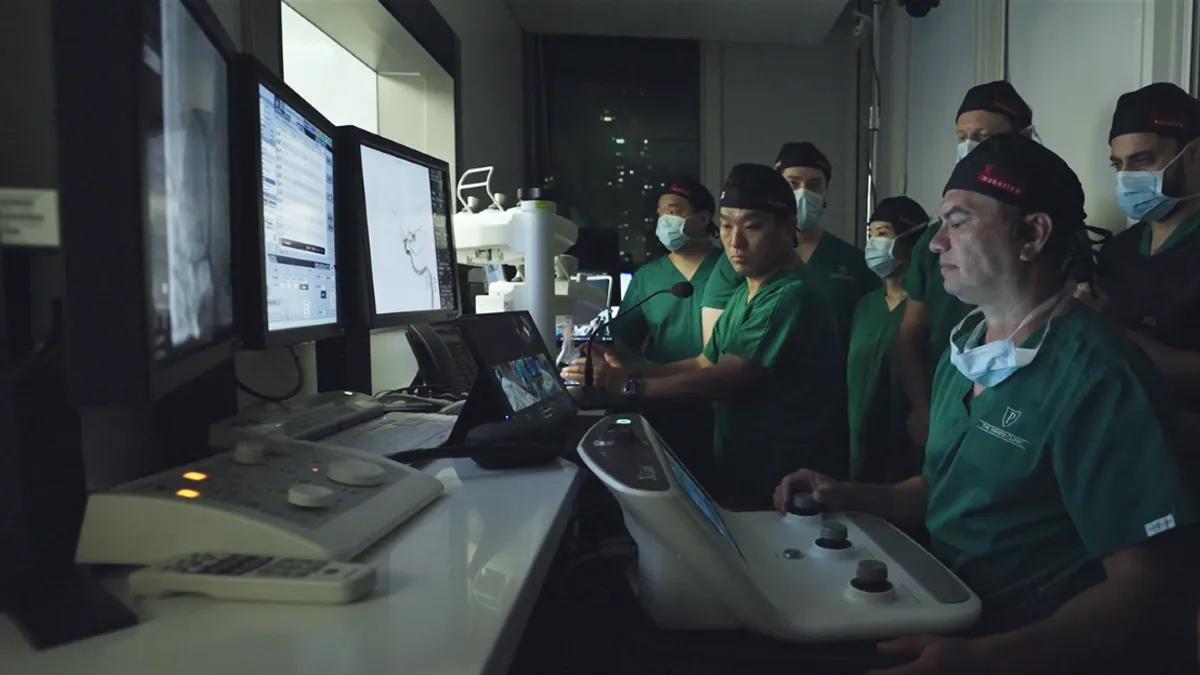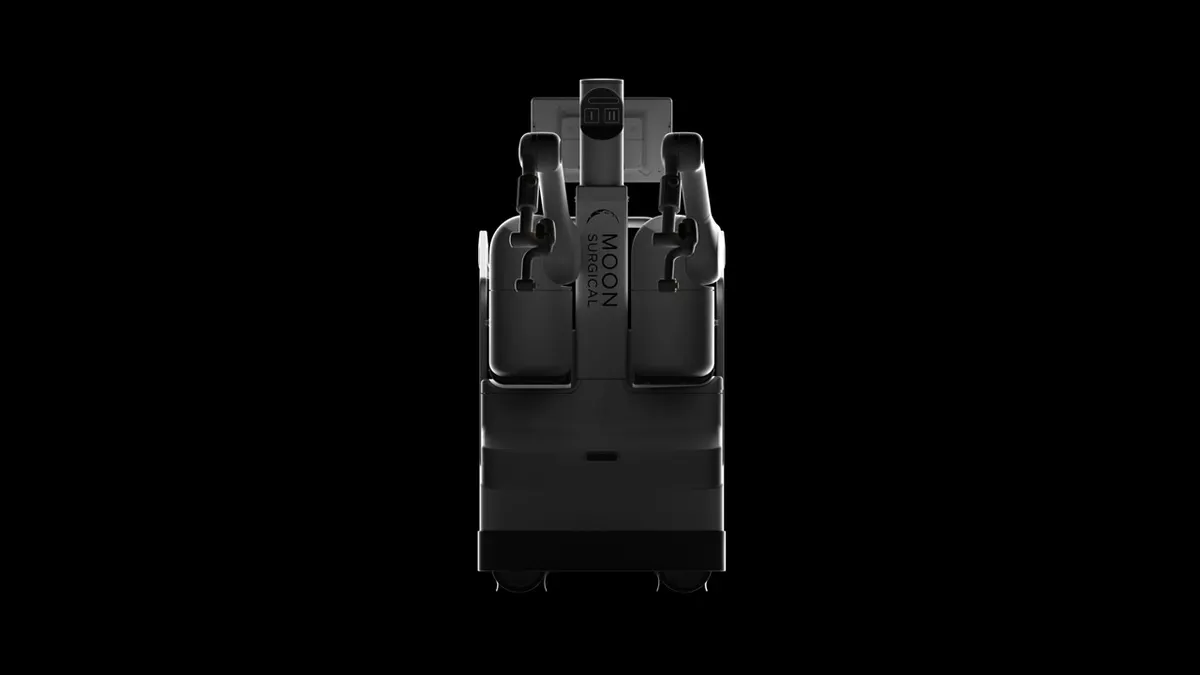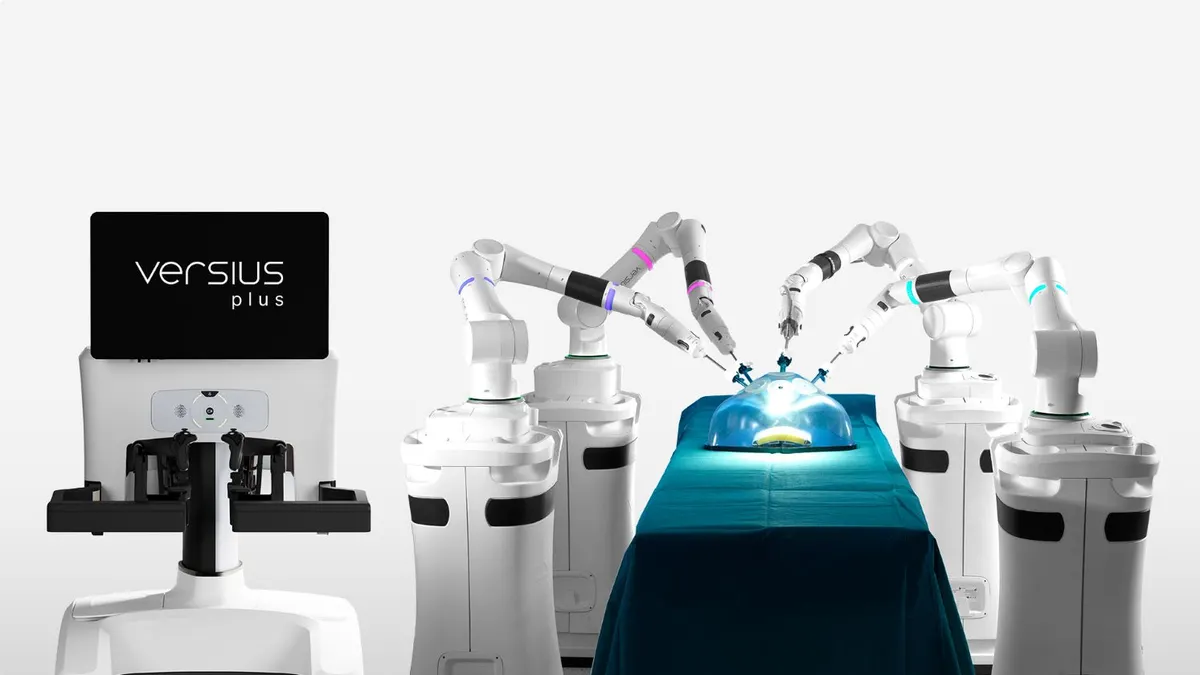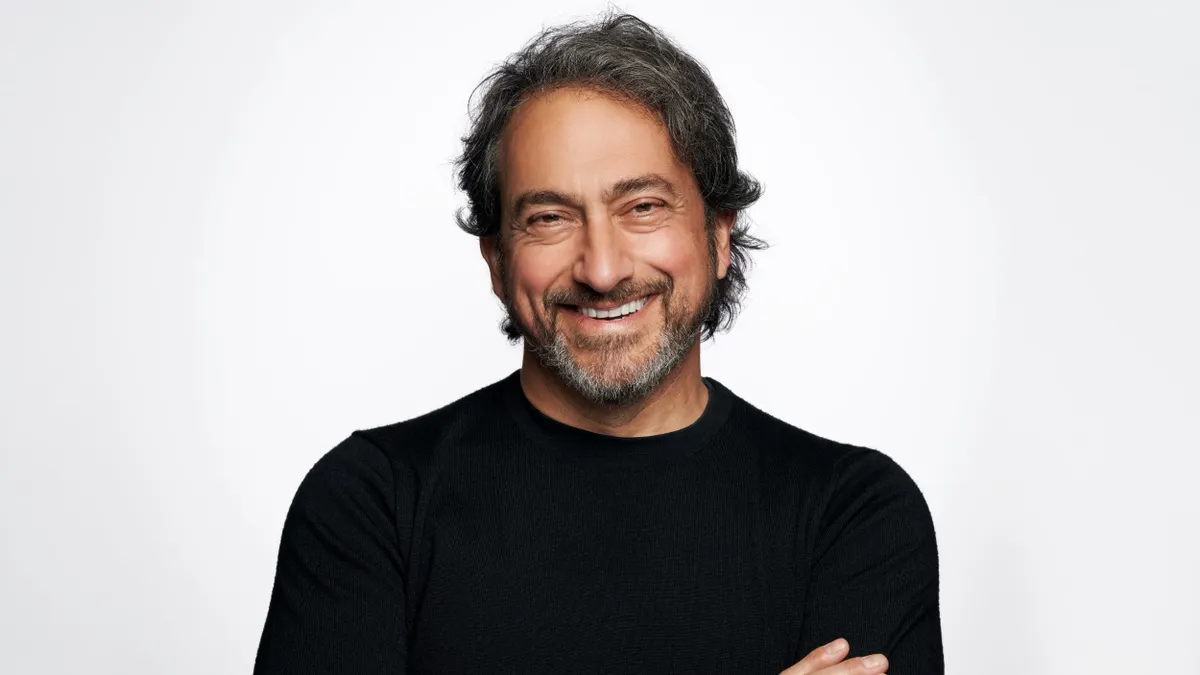Dexcom reported a record number of new users of its continuous glucose monitoring technology in the first quarter, even with a slowdown in late March as U.S. social distancing policies took hold.
While other medtechs are reporting hits from postponed procedures diminishing device use, or routine test volumes falling as non-coronavirus concerns take a back seat, Dexcom's chronic condition-focused business is benefiting as physicians quickly adapt to teleprescribing, execs said on an earnings call Tuesday afternoon.
So too is COVID-19 opening a new line of potential customers for Dexcom and rival Abbott: hospitals. FDA recently OK'd CGM use in the hospital setting to help healthcare providers remotely monitor blood glucose levels rather than regularly approaching patients for finger sticks — a move to help conserve personal protective equipment.
During the first quarter, Dexcom grew revenues 44% year over year to approximately $405 million, topping Wall Street consensus estimates by around $50 million. Business rose 39% in the U.S. and 61% across international markets, with pharmacies the fastest growing access channel. Gross profit improved from 60.2% during the start of 2019 to 63.9% in the recent quarter.

Production has not been disrupted as a result of the pandemic, Dexcom reported, as it continues to prioritize scaling up manufacturing capacity for its current G6 CGM and its forthcoming G7 product, driving operating expenses up 22% during the quarter over 2019. It also recently finalized plans to build a new manufacturing site in Malaysia.
But that momentum didn't prevent the diabetes tech company from following myriad other companies in pulling financial guidance for 2020. Uncertainty remains over how unemployment trends will affect customers' insurance coverage, and therefore how many people might take advantage of its recently announced patient assistance program allowing for two $45 90-day shipments of CGM supplies. It's also unclear how a return to doctor's office visits or a more robust transition to telemedicine will play out. CFO Quentin Blackford shed some light on the start of the second quarter, saying new patient starts were down in April, but already appear to have begun a rebound.
Dexcom in February had laid out targets for year-over-year revenue growth of 17% to 20% — up to $1.775 billion, an estimate SVB Leerink’s Danielle Antalffy still called “very achievable, if not beatable” in a note to investors following Tuesday's earnings call.
“Apart from the uncertainty created by COVID-19, we would be in a position to raise our guidance today," Blackford told investors. “Ultimately, we believe the underlying demand for CGM has not changed despite the situation with COVID-19.”
While Dexcom is still focused on expanding use of its G6 integrated CGM, the company has also continually teased the next version of its technology: a smaller device it developed with Verily called G7. Dexcom had previously set expectations for a limited rollout of G7 at the end of 2020 with a full product launch in 2021.
Due to disruptions to clinical sites, Dexcom announced it expects a minimum delay of about six months to its pivotal trial of G7. That could be welcome news for Abbott, which also has yet to begin a U.S. of launch the next version of its CGM — FreeStyle Libre 2 — as it continues to await FDA approval. Abbott posted nearly 60% growth for more than $600 million in its CGM business in the first quarter.
Coronavirus may accelerate CGM adoption in hospitals
A pandemic wasn't how Dexcom envisioned gaining a foothold in hospitals, one of the key potential new populations it's highlighted during the last year alongside individuals with non-intensively managed Type 2 diabetes and pregnant women.
Now, with FDA loosening restrictions on CGM use in hospitals, the possibility of working with FDA to allow the technology to become a more permanent fixture after the public health emergency passes looms large.
The turn of events opens the hospital opportunity "probably sooner than what we anticipated," Blackford said. William Blair analysts said in a note to clients hospitals could give access to 14 million additional patients in the midterm. Abbott is also placing its CGMs in hospitals as a result of the policy change.
Dexcom execs told analysts the company is taking the opportunity "very seriously" and trying to "gather as much data as we can from these patients" while the devices are temporarily allowed in the hospital setting.
"If we see highly positive results, it's not unthinkable that they would give us an accelerated timeframe, or cutback on the work that we have to do, or possibly change a label to allow us to get there sooner. We're open to all that and we will look at every one of those opportunities once we're done," Dexcom CEO Kevin Sayer told analysts. "We will be so much more ready to go to this market when it's time."







